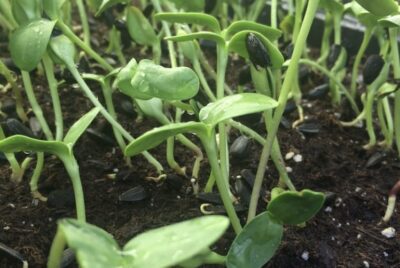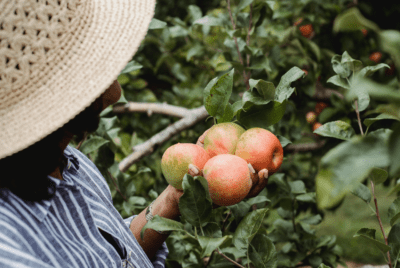RESEARCH
Using Ecological Gardening to Promote Nature Connection, Wellbeing, and Group Building: A Pilot Service Using Experiential Learning, Mindful Activities, and Reflection to Study the Effects of Nature and Gardening Together
Summary
This thesis project, commissioned by Soltorp Ecolodge Oy, aimed to design a course combining ecological gardening with group activities to promote nature connection and wellbeing. The research methods included service design principles, participant observation, semi-structured interviews with photo elicitation, and questionnaires. The pilot service was implemented in the summer of 2023, and the data were analyzed thematically to understand participant experiences.
The results showed that participants gained valuable learning experiences related to social skills, personal growth, and gardening skills. The thesis produced a multi-day course program, a thematic analysis of participant experiences, a model for creating wellbeing and nature connection services, and feedback on the implemented course. The study concluded that the course helped Soltorp move toward providing nature-based services, addressing a rising demand for such offerings and fostering a connection to nature among participants.







